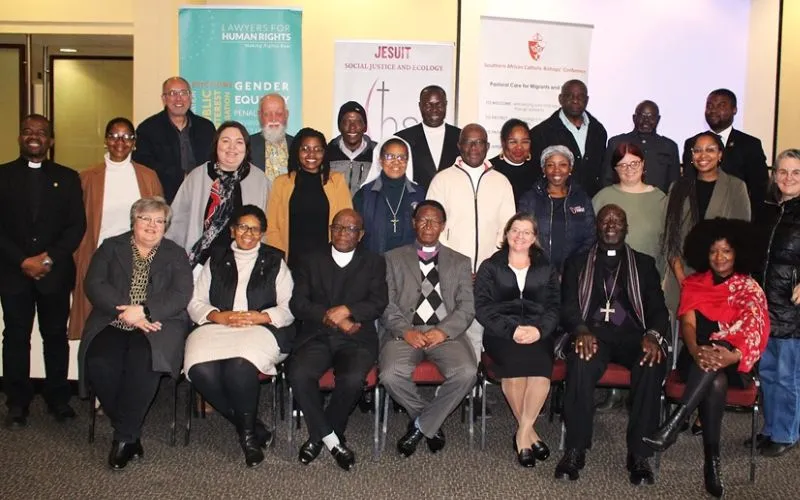Johannesburg, 15 June, 2024 / 8:07 pm (ACI Africa).
Archbishop Joseph Buti Tlhagale of South Africa’s Catholic Archdiocese of Johannesburg has called upon stakeholders in Southern Africa, including religious leader and civil society entities, to speed up the process of addressing the challenge of “statelessness” once and for all.
In his address during a meeting that brought together religious leaders, Diplomats, and Civil Society Organisations from countries in Southern Africa, Archbishop Tlhagale described statelessness as “a restrictive and deterring condition that denies individuals political, civil, socio and economic rights and consequently their dignity as human beings.”
“The purpose of this meeting is to mobilize religious leaders and organizations, and other stakeholders, in the global strategic objective to accelerate efforts towards the eradication of statelessness,” the member of the UNHCR Multi-Religious Council of Leaders said during the June 13 forum.
He added, “The meeting aims to integrate the voices of those with lived experience of statelessness and to explore ways to create a broader platform where they are central to the dialogue and solutions.”
The South African member of Oblates of Mary Immaculate (OMI) explained the need for a collaborative approach, saying, “A shared and collective responsibility amongst not only states but various stakeholders, religious, civil society, and stateless people themselves will in my view, mitigate the challenge of statelessness” in the Southern African Development Community (SADC) region.








